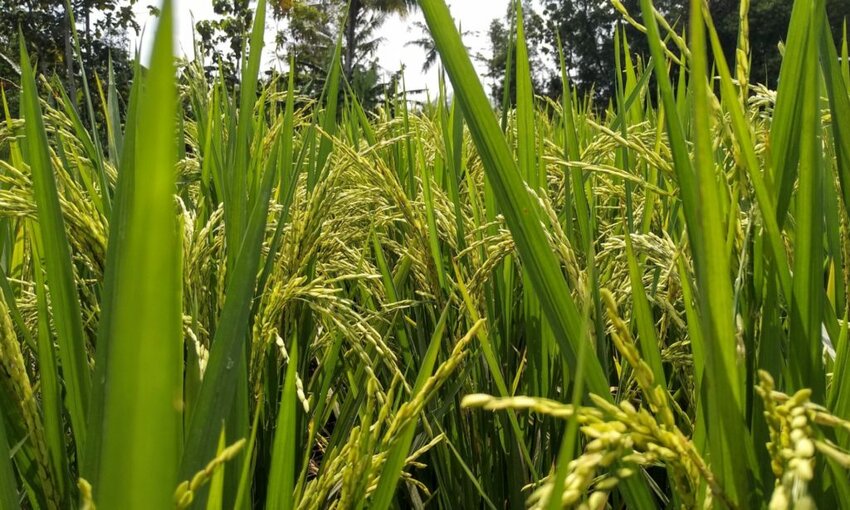 (Photo Credit: Andhika Y. Wiguna, Unsplash)
(Photo Credit: Andhika Y. Wiguna, Unsplash)Rice farmers contracted by brewer Anheuser-Busch saved more than 2 billion gallons of water and reduced greenhouse gas emissions by more than a quarter during the last growing season through a program with Indigo Agriculture.
Anheuser-Busch and sustainable agriculture company Indigo Agriculture formed a partnership in 2019 to deliver 2.2 million bushels of rice that would use less water, less nitrogen, and produce fewer greenhouse gas emissions compared to historical county averages. Farmers used Indigo’s microbial products, conservation management practices as well as Indigo Marketplace and Indigo Transport to help improve efficiencies.
Contracted rice growers reported:
“During the last growing season, we reduced input costs and earned a premium for the rice we grew for this program, overall increasing the farm’s profitability,” said Nolan Evans, a grower in Arkansas who participated in the program, according to the partners.
The program partners said that Anheuser-Busch is the country’s largest end user of rice, a key ingredient in Budweiser. The brewer mills around 2.6 million pounds of rice daily at its facility in Jonesboro, Arkansas.
Results from the Indigo growers support three of Anheuser-Busch’s 2025 sustainability goals: smart agriculture, watershed health, and carbon emissions.
Since the initial pilot program was so successful, Indigo Agriculture and Anheuser-Busch say they have extended their partnership through the 2020 growing season, and will be expanding the program’s scope to nearly 2.7 million bushels. They plan to expand the number of participating growers as well.
“In the second phase, Indigo will also experiment with advanced data collection methods and remote-sensing technology such as drones, water sensors, and a mobile app to automate and enhance the project’s data collection efforts and further optimize the sustainable production of rice,” the partners said.